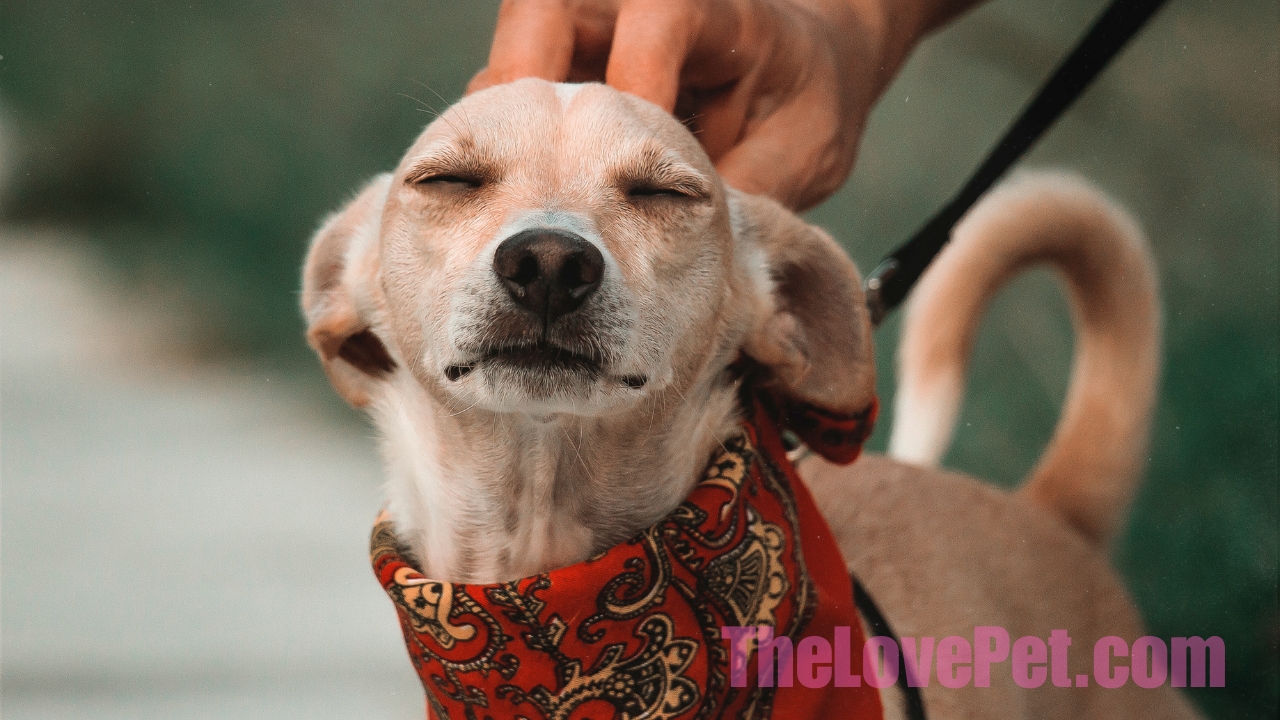The Appeal of Raccoons
Raccoons are intriguing, intelligent animals that can seem cute and mischievous. Their dexterous front paws and masked faces give them an almost human-like quality. This has led some people to consider keeping raccoons as pets.
Challenges of Keeping Raccoons
However, there are many reasons why raccoons do not make good pets for most people. Here are some of the main challenges:
Wild Nature
Raccoons are wild animals, not domesticated for human companionship like dogs or cats. They retain their wild instincts and behaviors. This makes them very difficult to train or control.
Destructive
Raccoons are incredibly curious and have very dexterous paws that can open latches, doorknobs, trash cans, etc. They can be very destructive to household items.
Messy
Raccoons go to the bathroom wherever they want, including in the house. Their feces and urine can spread germs and parasites.
Aggressive Tendencies
While young raccoons may seem cute, they mature into aggressive creatures with sharp claws and teeth. They can bite and scratch humans.
Regulations
It is illegal to keep raccoons as pets in most areas. There are often permits, licenses, and restrictions involved if it is legal in your area.
Captive Care Challenges
Caring for a pet raccoon requires special knowledge and facilities. Some key elements that need to be addressed:
– A very large enclosure that allows them to climb and forage
– Access to water for swimming/bathing
– Proper diet – they are omnivores
– Veterinary care from an exotic pet specialist
– Preventing property damage or escapes
Consider Alternatives
Before deciding to keep a raccoon, consider more suitable exotic pets or rescues like:
– Domestic ferrets
– Chinchillas
– Guinea pigs
– Parrots
– Rabbits
– Certain breeds of dog
Raccoons are fascinating creatures, but make very challenging pets for all but the most knowledgeable exotic animal enthusiasts. Please consider if a more suitable pet would fulfill your desires for companionship.
Expanding on Raccoon Pet Challenges
Health Risks
Raccoons can transmit dangerous infectious diseases to humans, including rabies, raccoon roundworm, and raccoon poxvirus. These illnesses can be very serious or even fatal in people. Appropriate precautions must be taken.
Social Needs
Raccoons are solitary in the wild, only socializing during breeding seasons. Pet raccoons require much one-on-one interaction with owners to avoid behavior problems and psychological distress. This is a major time commitment.
Financial Commitment
Properly caring for a pet raccoon is expensive. Specialized veterinary services, custom-built enclosures, toys/enrichment activities, and premium quality foods add up quickly. Be prepared for high costs.
Lifespan Considerations
Raccoons have a natural lifespan of 2-3 years in the wild but can live up to 20 years in captivity. Be prepared for a long-term commitment if you choose to take in a pet raccoon.
Escaped Pet Problems
Escaped pet raccoons rarely survive in the wild. Additionally, they can cause major property damage, interbreed with wild raccoons, and further perpetuate public nuisance wildlife issues.
Ethical Concerns
Some argue that keeping wild raccoons as pets is ethically questionable, as it deprives them of natural behaviors and exploits them for human fulfillment. There are debates around human dominion over exotic animals.
#FAQ #Update #AdditionalContent
“2023 Guide to States Allowing Pet Raccoons – Wisevoter”
**1. What states allow pet raccoons in 2023?**
– Raccoons are legal to own as pets in the US states of Arkansas, Delaware, Florida, Indiana, Michigan, Nebraska, Oklahoma, Rhode Island, South Carolina, Texas, West Virginia, Wisconsin, and Wyoming. Some states may require special permits or licenses.
**2. Why are raccoons not allowed as pets in certain states?**
– Raccoons are not allowed as pets in some states due to the risks they pose. They may carry diseases like rabies and leptospirosis, which can be spread to humans and other animals. Additionally, their natural behaviors, such as frequent nocturnal activity and the tendency to bite when startled, make them difficult to care for.
**3. What are the conditions for owning a pet raccoon in Michigan?**
– In Michigan, you can keep a raccoon as a pet if two qualifications are met: ownership must be approved by a veterinarian, and the owner must obtain a wild animal permit.
**4. How can one legally own a pet raccoon in Florida?**
– In Florida, you can acquire a pet raccoon by obtaining a permit from the Florida Fish and Wildlife Conservation Commission. The permit is free and valid for two years.
**5. Why are raccoons not allowed as pets in some states like Alabama and California?**
– Raccoons are not allowed as pets in states like Alabama and California due to their classification as wild animals, the potential risks they pose to public health, and the need to protect both the public and raccoons from harm and disease spread.
You can find the full post here
#FAQ #Update #AdditionalContent
“Is Owning a Raccoon as a Pet Right for You?”
**1. What are the pros and cons of keeping a raccoon as a pet?**
– Pros: Raccoons can be amusing and playful pets, some enjoy cuddling, and they are intelligent.
– Cons: They require a lot of space to roam, are active at night, and can be unpredictable. They may also damage property and have dietary and health needs that are hard to manage.
**2. What should you consider before owning a pet raccoon?**
– Consider the legality of owning a pet raccoon in your area, ethical considerations, and the ability to provide a proper environment, diet, and enrichment.
**3. What are the housing and exercise requirements for pet raccoons?**
– Raccoons need a raccoon-proofed home as they can chew cords, climb shelves, and knock down items. Ideally, they should have a secure outdoor enclosure and indoor space for exercise, climbing, and playing with toys.
**4. What do pet raccoons eat and drink, and what are their grooming needs?**
– Raccoons eat a varied diet of dog food, poultry, fish, eggs, insects, vegetables, and fruits. They need clean water. They groom themselves and require occasional baths and nail trims.
**5. How much does it cost to upkeep a pet raccoon, and can they be trained?**
– The monthly cost is around $30 to $50 for food and toys, plus annual vet checkups. Raccoons can learn their name and basic commands, and some can be potty trained.
You can find the full post here
#FAQ #Update #AdditionalContent
“Considering Raccoons as Pets: What You Need to Know”
**Can Raccoons Make Good Pets?**
Raccoons may appear cute, but they aren’t your typical pets. This article explores the challenges and considerations associated with keeping raccoons as pets.
**Are Raccoons Domesticated?**
Raccoons are not domesticated animals. Learn why their wild traits can make them challenging to keep as pets.
**Is Owning a Pet Raccoon Legal?**
Find out about the legality of keeping pet raccoons, including which states permit it and the potential legal issues.
**What Are the Downsides of Having a Pet Raccoon?**
Discover the challenges of pet raccoon ownership, from finding vet care to handling their energy and potential diseases they may carry.
**How to Care for a Pet Raccoon?**
Learn about the specific requirements for caring for a pet raccoon, including housing, diet, and safety precautions.
You can find the full post here









